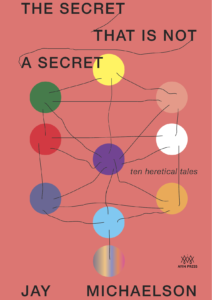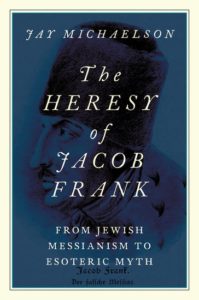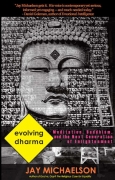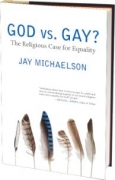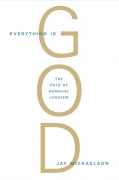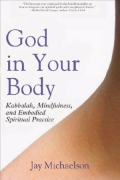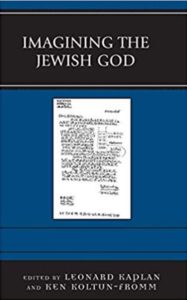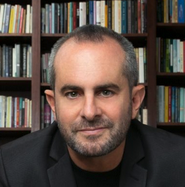Meditation and Toxic Masculinity: Sex, Gender and Patriarchy in American Buddhism
Free
at Smith College
Seelye 201
Northampton, MA
In the past two decades, millions of Americans — predominantly affluent, white, and liberal — have turned to Westernized forms of Buddhism for a variety of spiritual, psychological, and personal wellness reasons. And they often find what they are looking for: effective meditation techniques, progressive social values, and a freedom from the patriarchal “baggage” of traditional Christianity and Judaism. Moreover, many forms of Buddhist practice critique and seek to uproot anger, violence, bias, hierarchy, ignorance, and emotional immaturity — the hallmarks of toxic masculinity (and political leaders who embody it).
As one looks closer at Buddhist traditions and communities, however, a number of ironies and challenges appear for the feminist, queer, or otherwise progressive practitioner. This presentation will look at four of them, and how each has been addressed in varying American Buddhist communities.
All of these challenges can and have been met, with varying degrees of success, in American Buddhist communities. But what is required is a more sophisticated, nuanced, and ironic relationship to “Buddhism†— unfortunately, the direct opposite of current trends in pop Buddhism and McMindfulness. Recognizing sex-negative, misogynistic, and quietistic aspects in American Buddhism is not to throw the Buddha out with the bathwater but to affirm that Western Buddhism is a postmodern reformist enterprise, reclaiming but not replicating its three root traditions. As the poet-theorist Adrienne Rich described, what is required is “diving into the wreck†and retrieving what is valuable while retaining awareness of one’s historical and political positions.
